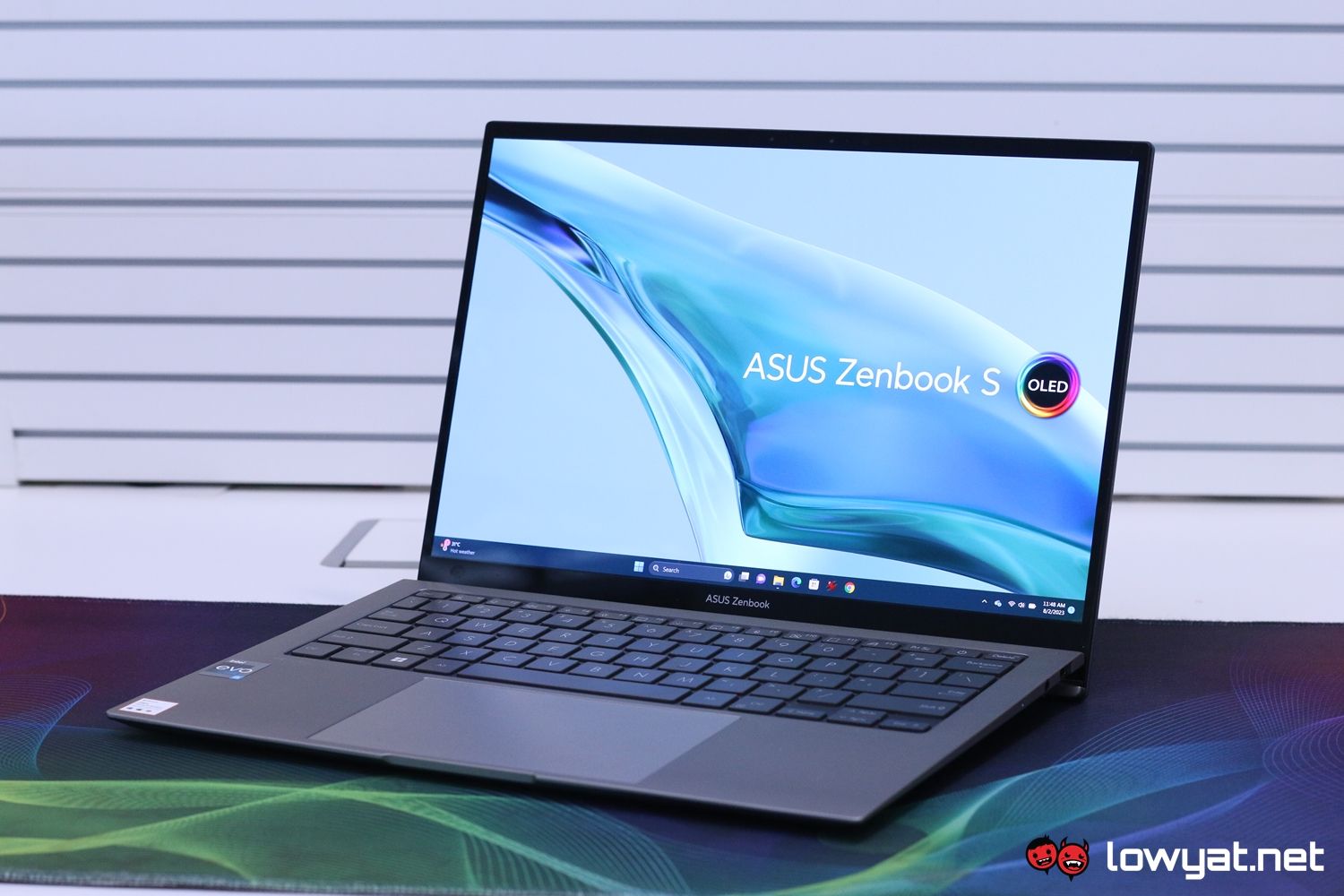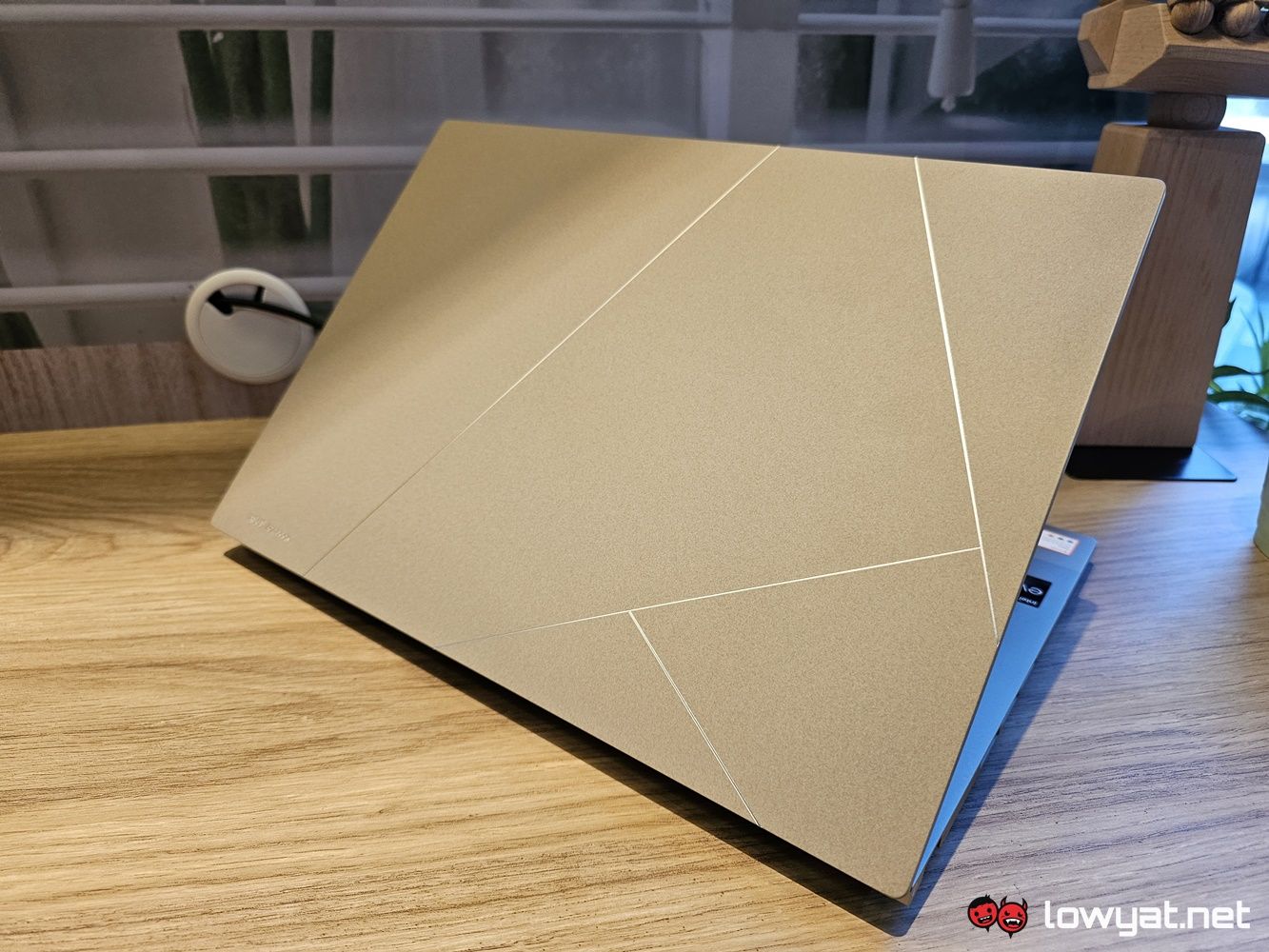Lenovo filed a lawsuit against ASUS in the US recently, claiming that the Taiwanese PC and laptop maker had allegedly infringed on no less than four of its patents. Additionally, it requested that the court order the company to stop selling its Zenbook laptops, among other products that were part of the infringement.
The lawsuit was filed on 15 November this year, and Lenovo is seeking “damages, including lost profits, caused by the alleged patent infringement” by ASUS. The first of the four patents, entitled “Methods and apparatus for transmitting in resource blocks”, was first issued in 2021 and pertains to minimizing the delay in uplink transmissions. It uses the accused’s ZenBook Pro 14 OLED as one of the offending products, saying that it infringes on the patent with its wireless wake-on-LAN power management.
“For example, prior to the ʼ066 Patent, there existed a need for techniques to supply main power to devices included in a wireless LAN without intervention of an operator. … The invention includes a wireless receiver that receives a wireless signal,” the lawsuit says. It continues, explaining: “The receiver is connected to a main system whose power is not on,” and that “after receiving a signal, it is determined whether a magic packet is contained.” If the magic packet is present, “a signal is sent to turn on the main power supply to the main system.” The lawsuit notes that the tech doesn’t need a handshake with the wireless access point.
Another patent Lenovo alleges ASUS infringed upon is over “Touchpad diagonal scrolling”. Basically, it believes that the latter copied the former’s technology that allow users to “initiate a diagonal scroll at any location on a touchpad by using two fingers”.
Perhaps the most prominent patent that Lenovo seems focused on is the purported infringement of what it calls “Dual Shaft hinge with angle timing shaft mechanism”, a patent it had filed in 2014. Basically, it’s the design that it says ASUS allegedly “took” it and implemented the mechanism into its own Zenbook Flip 14 laptops, calling it the 360° “ErgoLift” hinge, allowing it to transform from laptop mode into tablet mode.
Lenovo explains that its lawsuit against ASUS was a “last resort” and that it is a response to ASUS’ own filing, that it made with the The Regional Court of Munich patent tribunal in Europe, back in August this year. The Chinese brand also mentioned in a press release that it had offered the accused a “cross-licensing deal as a solution” but it’s clear that that offer is now off the table.
We’ve reached out to ASUS for an official statement over the lawsuit, but the brand has yet to release a comment.
(Source: Ars Technica, PDF, Lenovo)
Follow us on Instagram, Facebook, Twitter or Telegram for more updates and breaking news.





